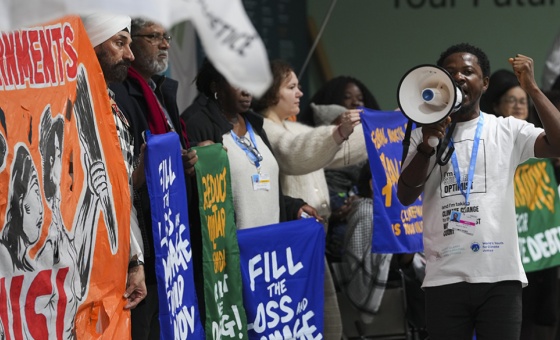This is the last article you can read this month
You can read more article this month
You can read more articles this month
Sorry your limit is up for this month
Reset on:
Please help support the Morning Star by subscribing here
THE death toll of the Japan earthquake rose to 84 today and thousands of rescuers continued to search for survivors as the three-day survival window came to an end.
Survival rates drop off 72 hours after the earthquake, which hit on New Year’s Day, experts warn.
Ishikawa officials said that 48 of those who died were in the city of Wajima and 23 were in Suzu.
The 13 others were reported in five neighbouring towns. More than 300 people have been injured, at least 26 seriously.
Those reported missing soared from 15 to 79 overnight, including a 13-year-old boy.
Prime Minister Fumio Kishida reinforced rescue operations with about 3,600 soldiers in addition to the initial 1,000, with the mission to provide fresh water and hot meals, and set up facilities for the 34,000 people who lost their homes.
Although Japan is reputed for relatively reliable disaster relief, essential supplies such as water, food and blankets have been running short.
One elderly survivor, Yasuo Kobatake, said: “All we got was a couple of rice balls,” and a tiny paper cup, half-filled with water that “vanished in a sip.”
He said that when the earthquake hit, he was forced to run out of his house barefoot, with just one sock on.
Mr Kobatake said that he can no longer access his destroyed house, saying: “So here I am with my wife sleeping beside all the others taking shelter at the school.
“We talk to each other and we try to encourage each other.”
Many roads have been blocked by landslides or damaged due to the quake, making it difficult for water and food supply deliveries.
The hardest-hit spots were on the Noto Peninsula, the centre of the quake, connected by a narrow land strip to the rest of the main island of Honshu, making alternative routes scarce.
Snow is expected over the weekend, and nearly 600 aftershocks have rocked the Noto Peninsula since the main quake, with warnings that more tremors and tsunamis could follow.
Japan is prone to earthquakes, with many fault lines and volcanoes.
A massive quake, tsunami and nuclear disaster in 2011 caused widespread damage in north-eastern Japan.
So far, no major issues have been reported at nuclear plants following this week’s earthquake and aftershocks.









